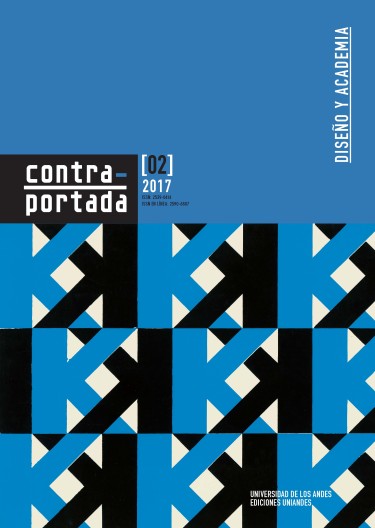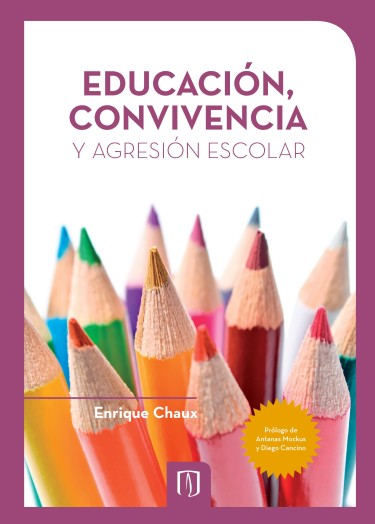¡Celebramos el Mes del Abogado! ⚖️ 20% dcto en libros impresos y 10% en ebooks de Derecho. Válido hasta el 5 de julio. 👉Explora el catálogo ahora
On the Cryo-Molding Process and Subsequent Forming Processes of Biopolymers with Low Glass Transition Temperature
Disponibilidad de la publicación
A la venta en este portal
Especificaciones por formato:
E-book (PDF)
-
Estado de la publicación:
Activo
Año de edición: 2024
Idioma: Ingles
DOI: Enlace
Los eBooks comprados en este catálogo editorial se acceden mediante vista en línea dentro de este mismo entorno, o, para vista fuera de línea, a través de Scholar App (PC/Mac) y Mōn'k App (iOS/Android). El usuario final no recibirá archivo PDF o EPUB ni por correo ni por descarga.
Bio-based as well as biodegradable polymers are increasingly finding their way into applications such as food packaging. Here, certain biopolymers with a high degree of crystallinity may be of interest due to their superior barrier properties. Conversely, forming processes including high deformations often require an almost amorphous material state to avoid the brittle behavior associated with crystal structures. For some of those biopolymers, the narrow window in which they can be processed has delayed their potential use for packaging applications. In rigid packaging, two-step processes are commonly used for the production of containers from thermoplastic polymers. These processes, such as thermo forming or injection stretch blow molding, are a combination of a conversion step, e.g. film extrusion or injection molding, and a deformation step. However, to enable a forming process, the material properties after the first (conversion) step need to fulfil the mechanical requirements of the forming process. For semi crystalline polymers, these requirements are closely linked to the morphology of the converted material. A new process is presented to prevent crystallization and allow for a subsequent forming step. The efficiency of this process is evaluated on tailored lab scale equipment. This publication will provide insights into the opportunities as well as potential challenges presented by the “Cryo-Injection-Molding” (CIM) process. The CIM uses a mold that is cooled by liquid nitrogen. This mold is insulated and used in a lab scale injection process. This process is capable of cooling specimens down to their amorphous state (or semi-crystallin state with a very low degree of crystallinity) and allows the mechanical characterization in a softened state at a temperature above glass transition. To prevent unintended changes of the morphology, after the production process, the samples are stored at a temperature below glass transition and later heated using custom convectional heaters in a setup of a tensile testing machine. In this context, PBAT, PBS and PHA biopolymers are tested exemplarily.

|
Julius Petrausch |

|
Daniel Klein |

|
Johannes Zimmer |

|
Markus Stommel |
- eBook Gratuito
-
Impreso
$ 20.000
-
eBook (PDF)
$ 27.000
- Impreso bajo demanda Disponible próximamente
-
eBook (PDF)
$ 44.000
-
eBook (PDF)
$ 20.900
-
eBook (EPUB)
$ 27.000
Estudios sobre el Estado y la política en Colombia. La contribución de Francisco Leal Buitrago
AutoresLaura Otero y otros
2016
-
eBook (PDF)
$ 37.900
La materialidad prehispánica: estudio de caso en la Lengüeta, Sierra Nevada de Santa Marta
AutorDaniel Rodriguez Osorio
2017
-
eBook (PDF)
$ 20.000
-
eBook (PDF)
$ 53.000
- Impreso bajo demanda Disponible próximamente









